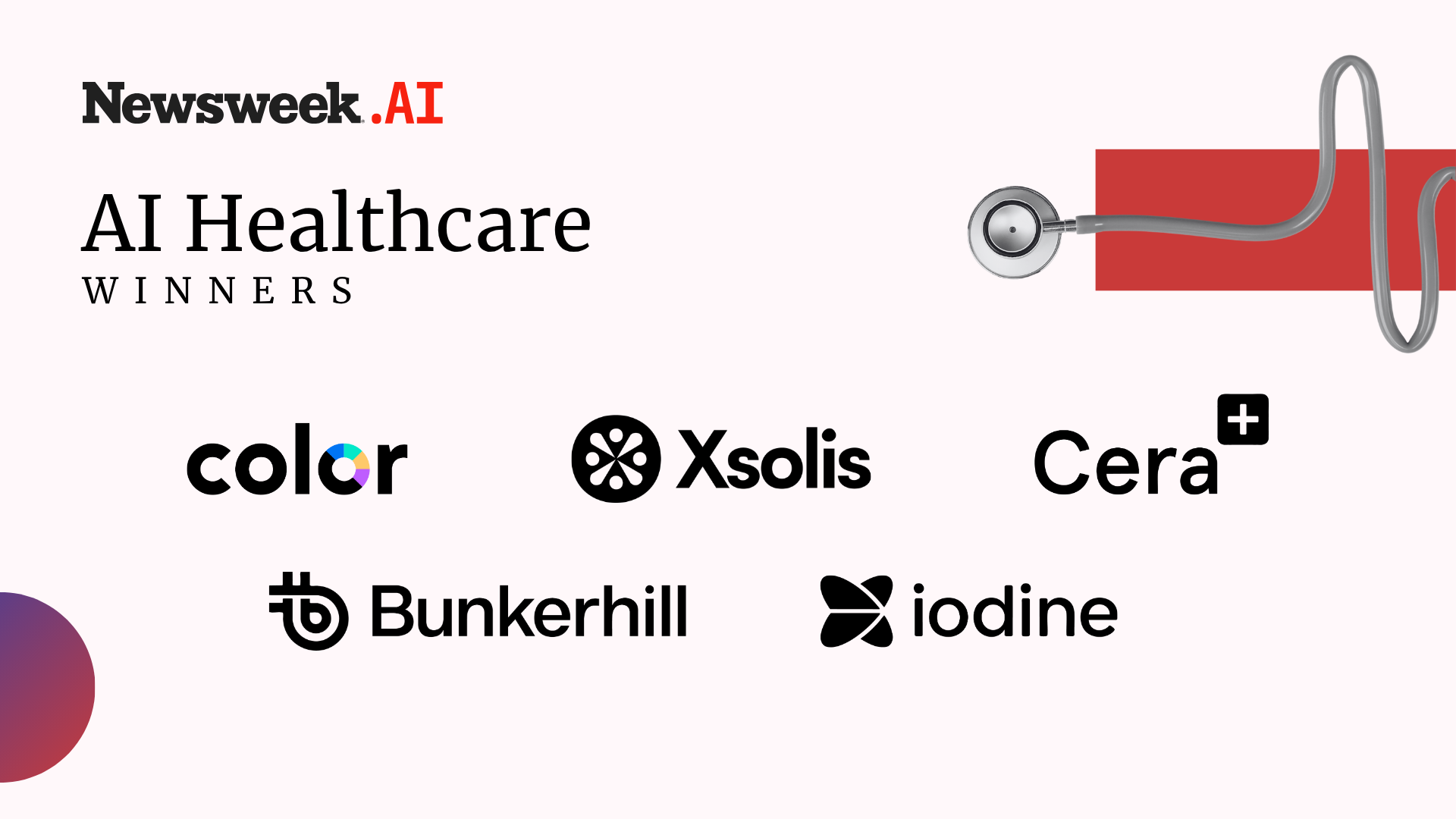Scorching Heat Harming Your Brain? Expert Tips to Protect Cognitive Function

As summer temperatures soar, the dangers of extreme heat extend far beyond sunburn and dehydration. Increasingly, scientists are uncovering the significant impact high heat has on our brain health and cognitive function. From mood swings and anxiety to impaired memory and focus, the effects are real and concerning. This article delves into how extreme heat affects your brain and provides actionable strategies, backed by experts, to safeguard your cognitive well-being.
The Brain Under Pressure: How Heat Impacts Cognitive Function
Our brains are incredibly sensitive to temperature fluctuations. When exposed to extreme heat, the body attempts to regulate temperature through sweating and increased blood flow to the skin. This process diverts resources away from the brain, potentially leading to:
- Reduced Cognitive Performance: Studies show that heat exposure can impair tasks requiring attention, memory, and decision-making.
- Mood Disturbances: Irritability, anxiety, and even aggression can be triggered or exacerbated by high temperatures. The link between heat and increased aggression is particularly significant.
- Increased Risk of Cognitive Decline: Emerging research suggests prolonged exposure to extreme heat over time might contribute to an increased risk of dementia and other neurodegenerative diseases.
- Sleep Disruption: Heat makes it difficult to get restful sleep, which is crucial for brain health and cognitive restoration.
Who's Most Vulnerable?
While everyone is susceptible to the cognitive effects of heat, certain populations are at higher risk:
- Older Adults: The brain's ability to regulate temperature declines with age.
- Young Children: Their bodies are less efficient at temperature regulation.
- Individuals with Chronic Conditions: People with heart disease, diabetes, and mental health conditions are more vulnerable.
- Outdoor Workers: Those who spend significant time outdoors are at increased risk of heat-related cognitive impairment.
Protecting Your Brain: Expert-Backed Strategies
Fortunately, there are practical steps you can take to mitigate the cognitive impact of extreme heat:
- Stay Hydrated: Drink plenty of water throughout the day, even if you don't feel thirsty.
- Seek Cool Environments: Spend time in air-conditioned spaces, such as libraries, shopping malls, or cooling centers.
- Limit Outdoor Activity During Peak Heat: Avoid strenuous activities during the hottest part of the day (typically between 10 AM and 4 PM).
- Wear Light-Colored, Loose-Fitting Clothing: This helps your body regulate temperature more effectively.
- Take Cool Showers or Baths: Lowering your body temperature can provide immediate relief.
- Prioritize Sleep: Ensure a cool and dark sleep environment to promote restful sleep. Consider using fans or air conditioning.
- Mindfulness and Relaxation Techniques: Practice meditation or deep breathing exercises to manage anxiety and stress related to the heat.
- Be Aware of Medications: Some medications can increase your sensitivity to heat. Consult your doctor if you have concerns.
The Bigger Picture: Climate Change and Brain Health
As climate change continues to drive more frequent and intense heat waves, protecting our brain health becomes increasingly critical. Public health initiatives, urban planning that prioritizes green spaces and cooling infrastructure, and individual awareness are all essential to building a more resilient future for our cognitive well-being. Don't underestimate the power of proactive measures – your brain will thank you.






